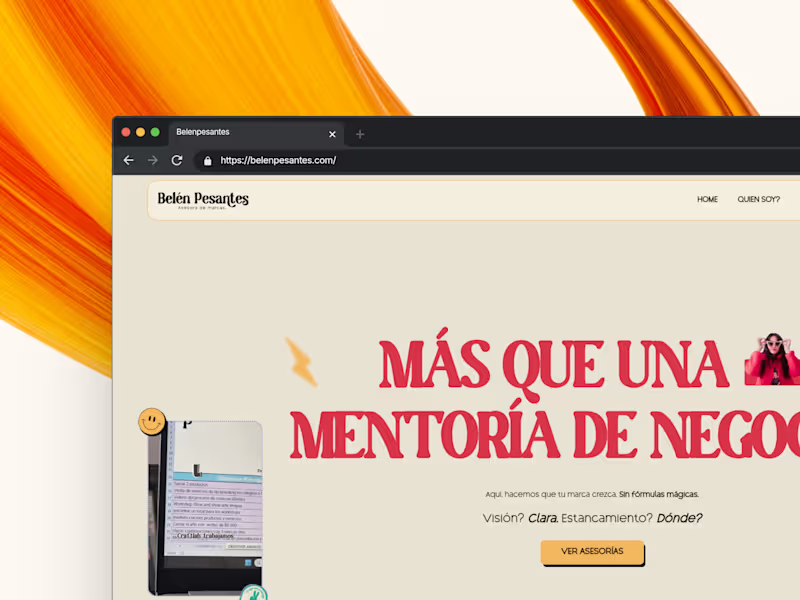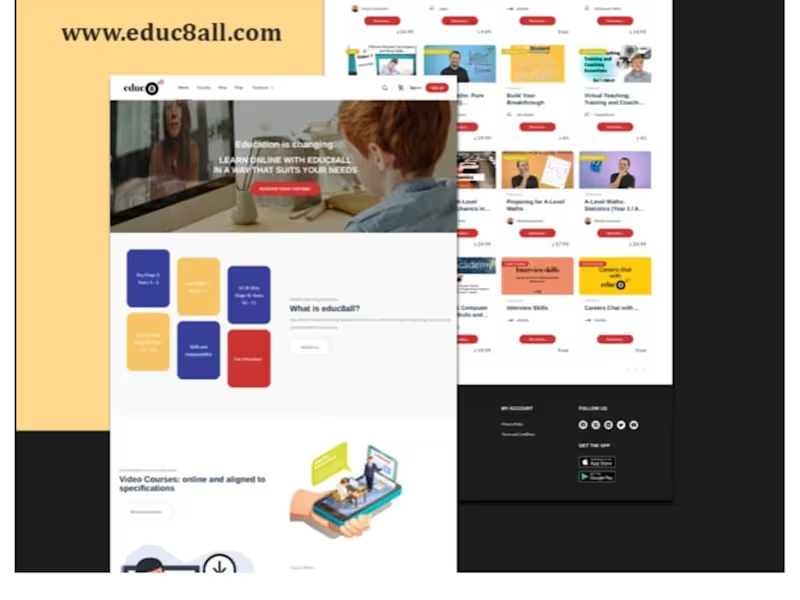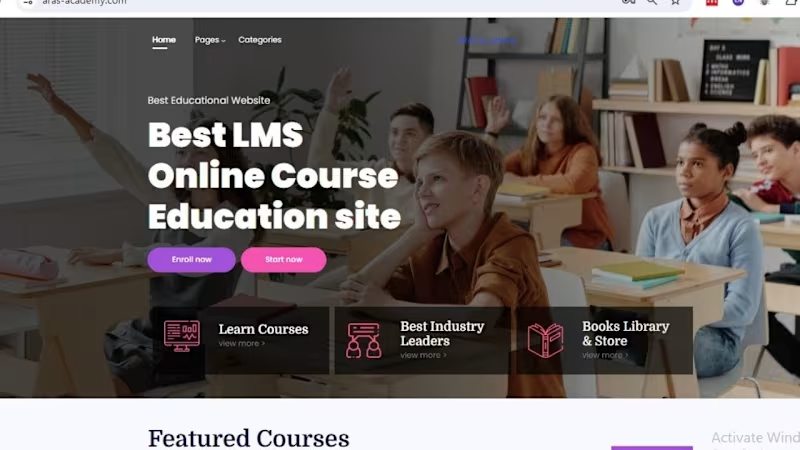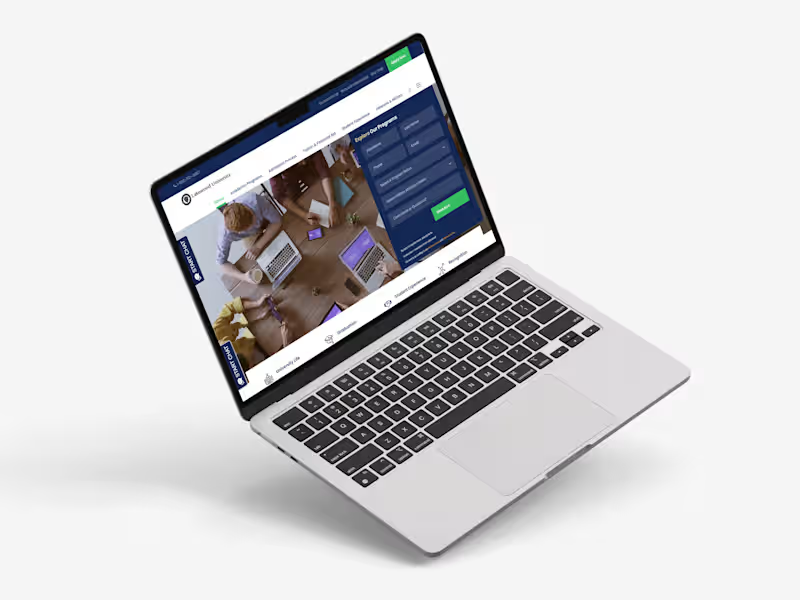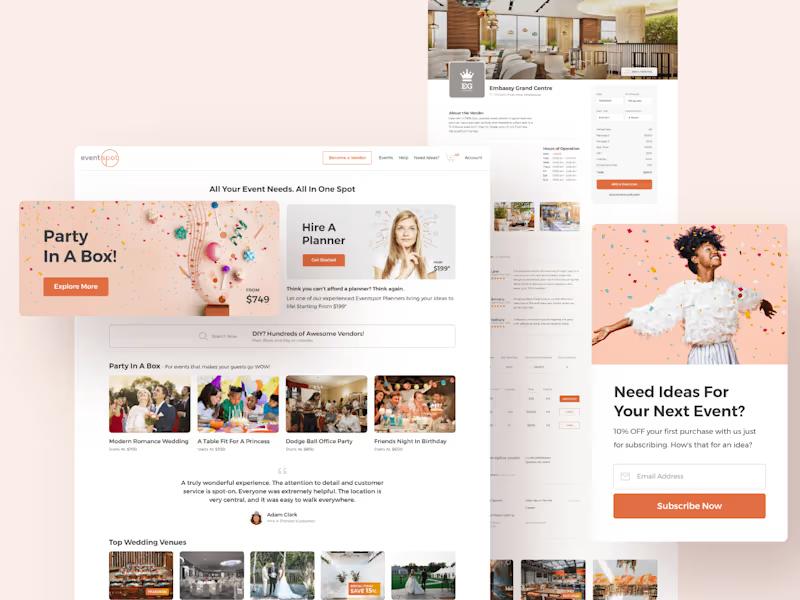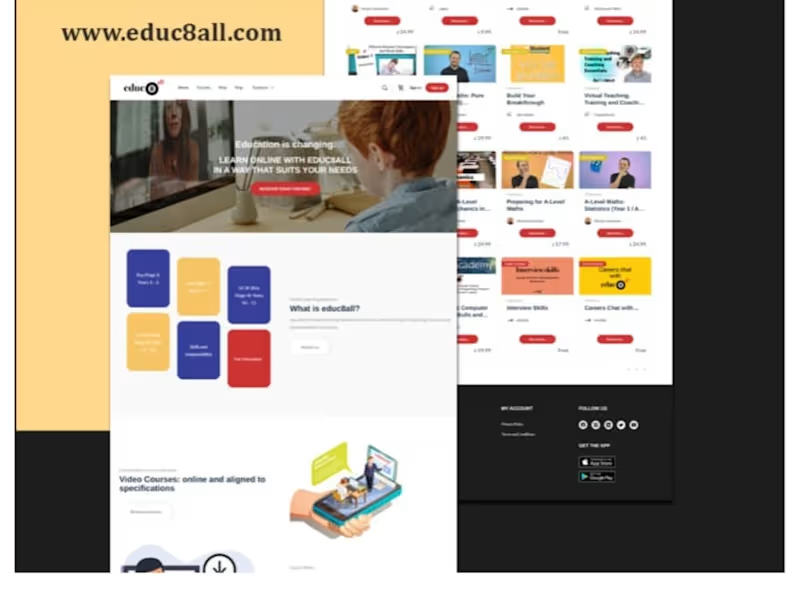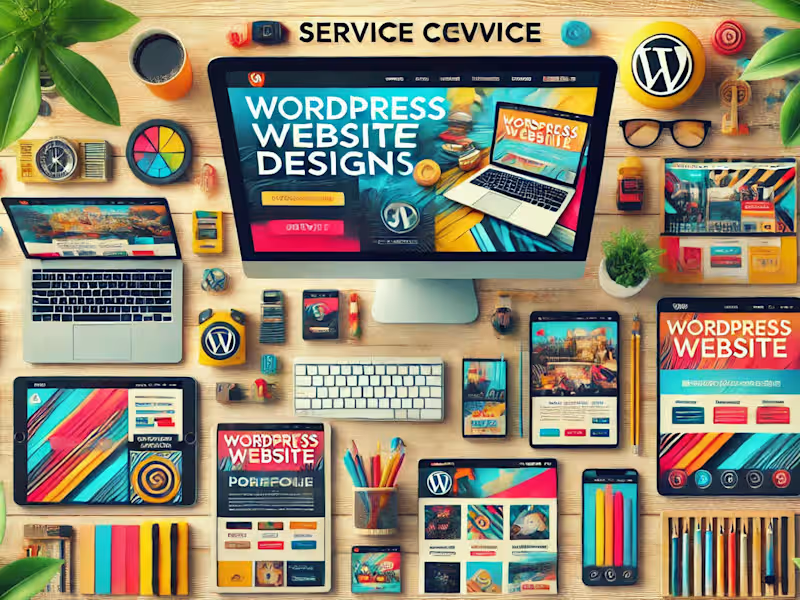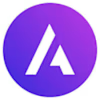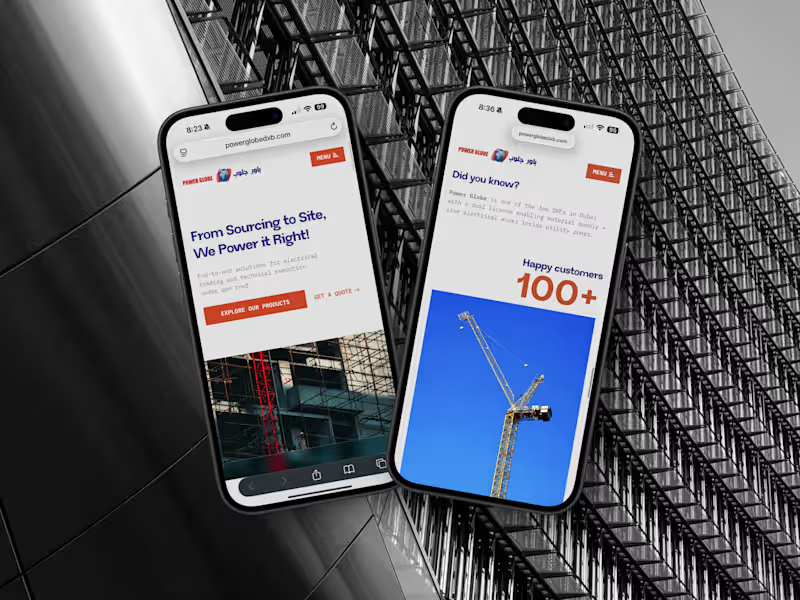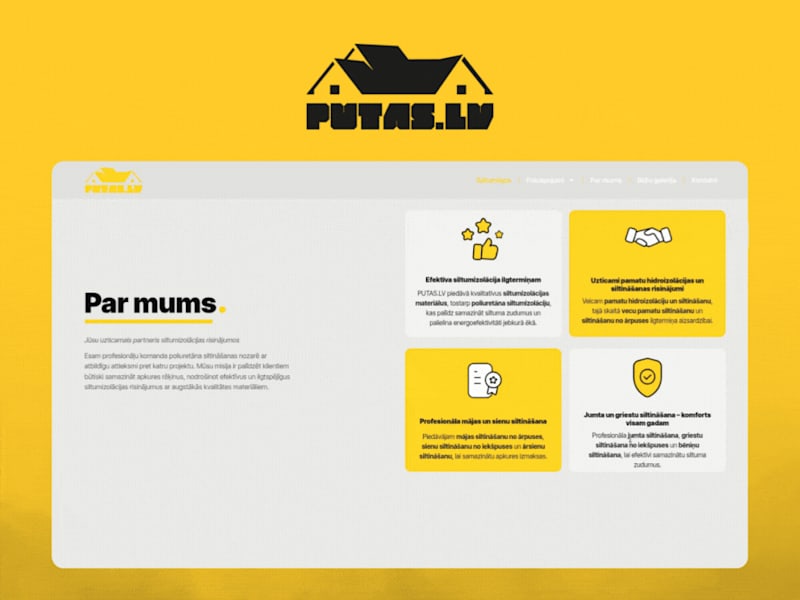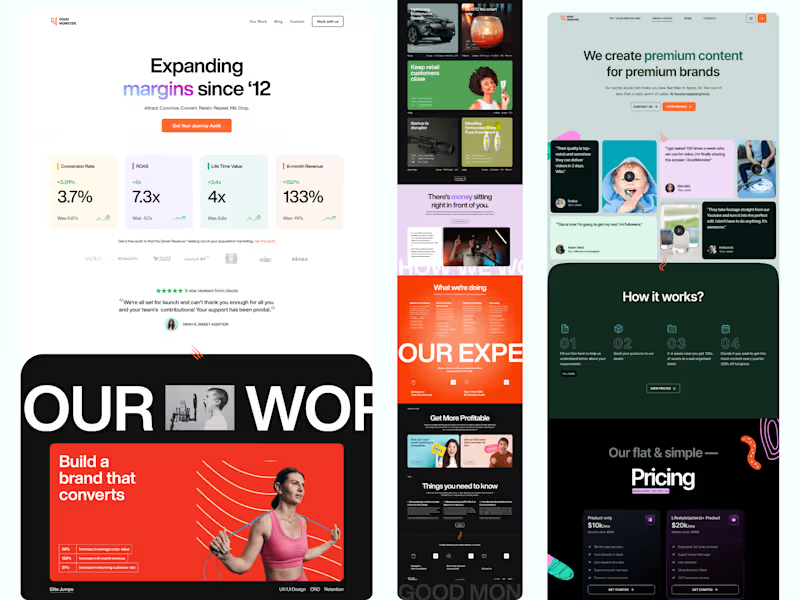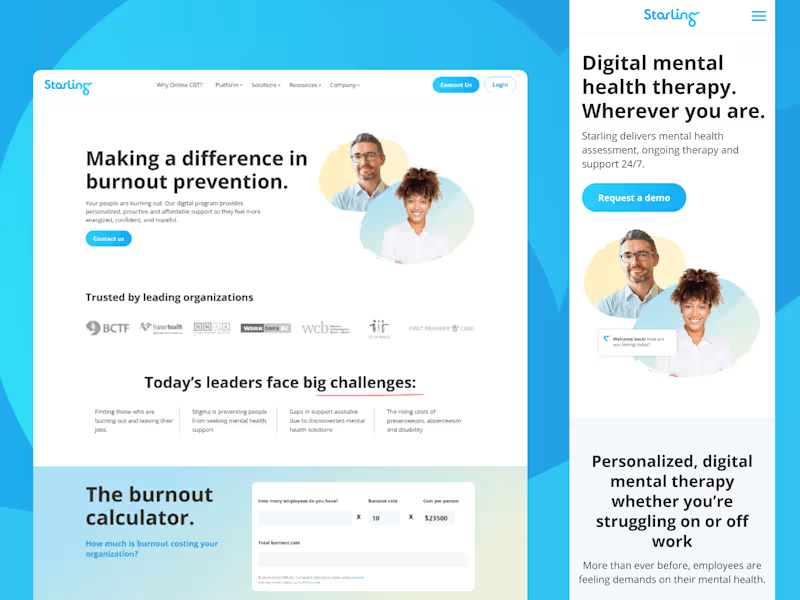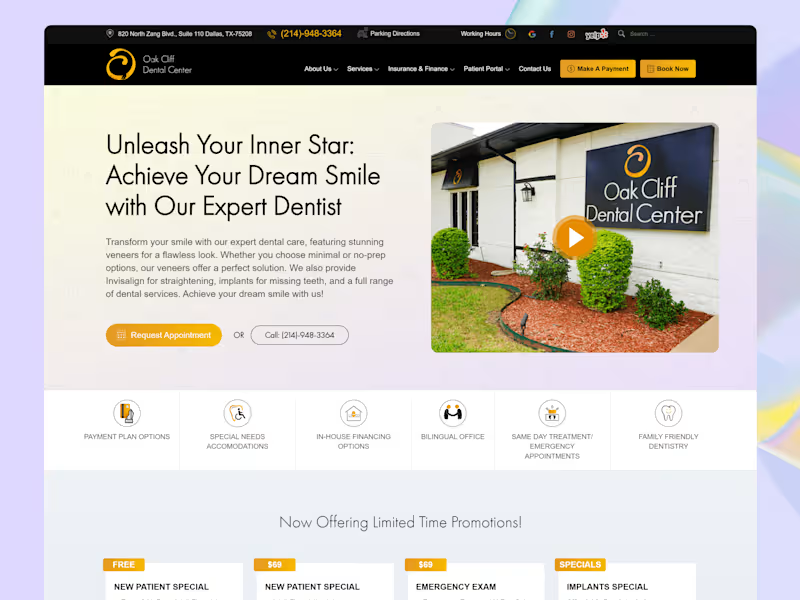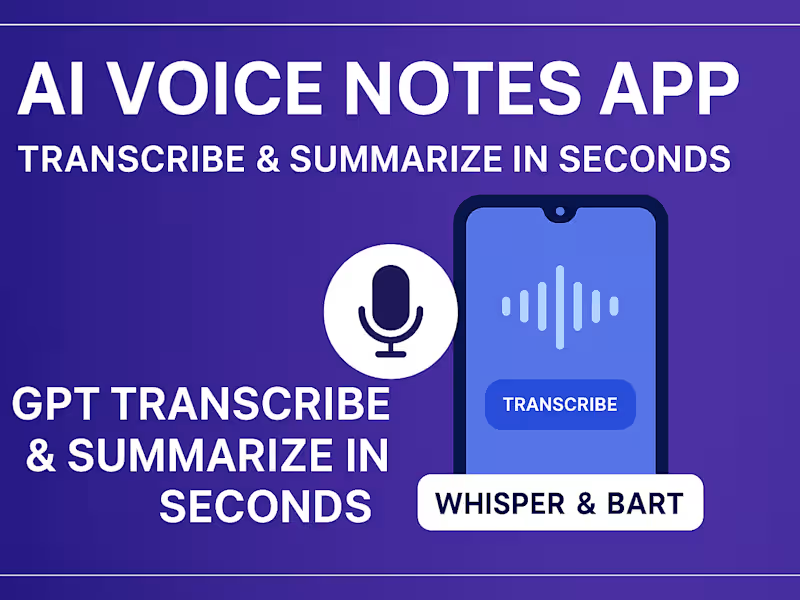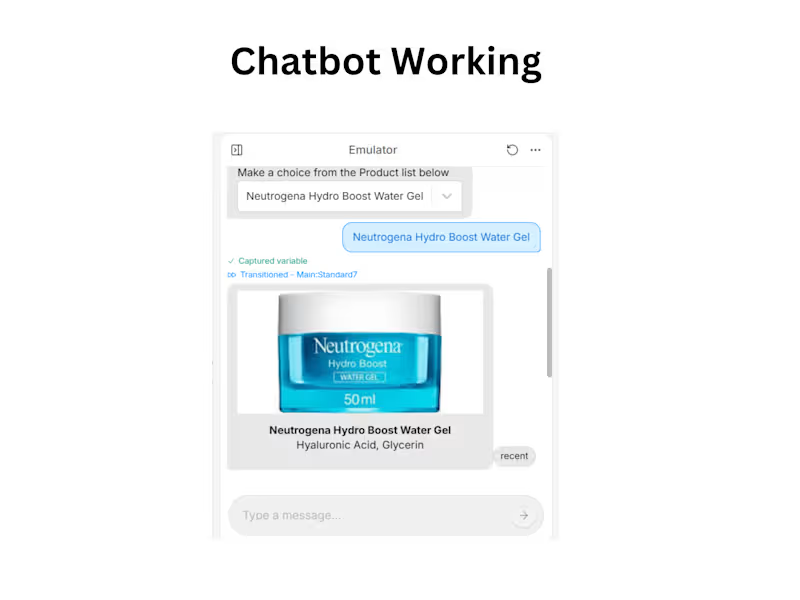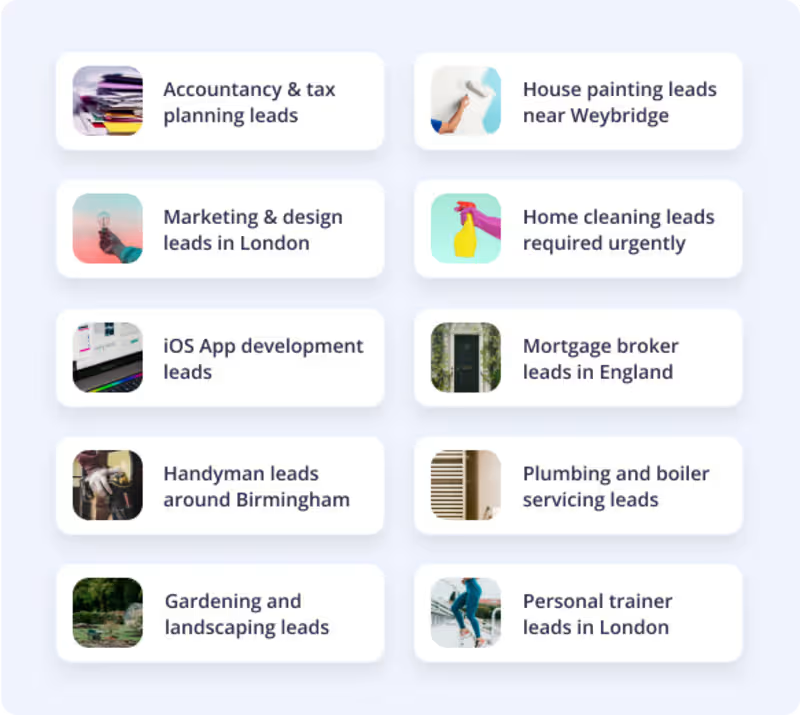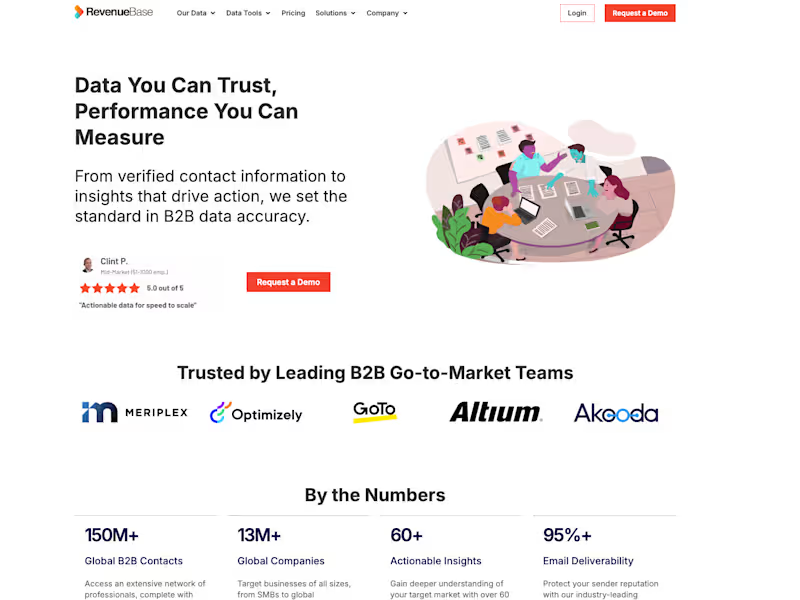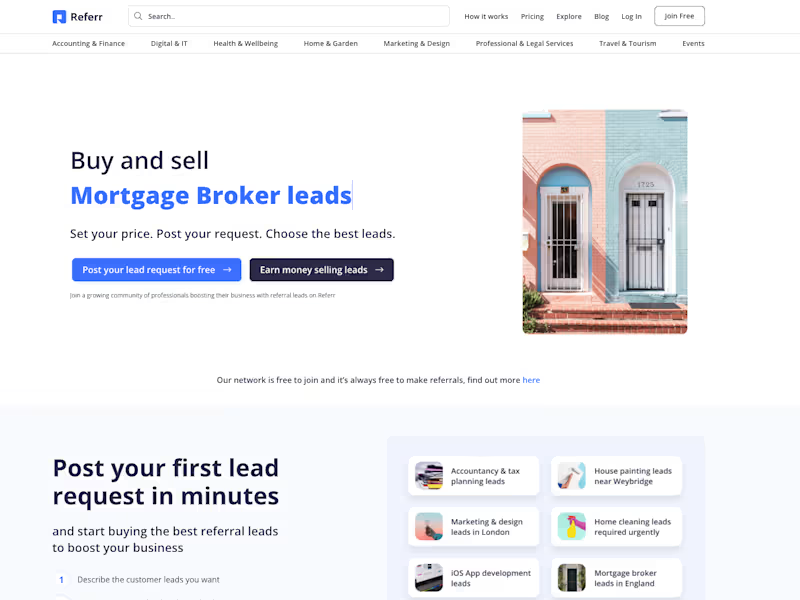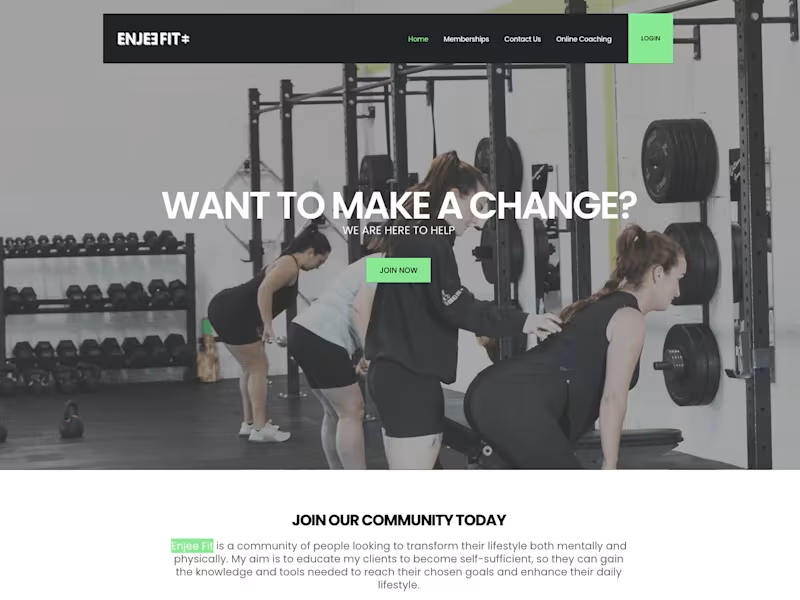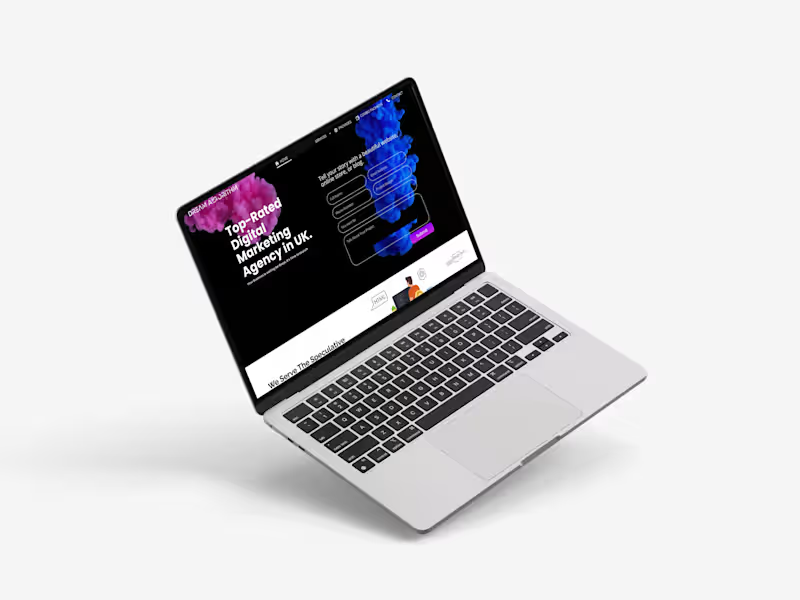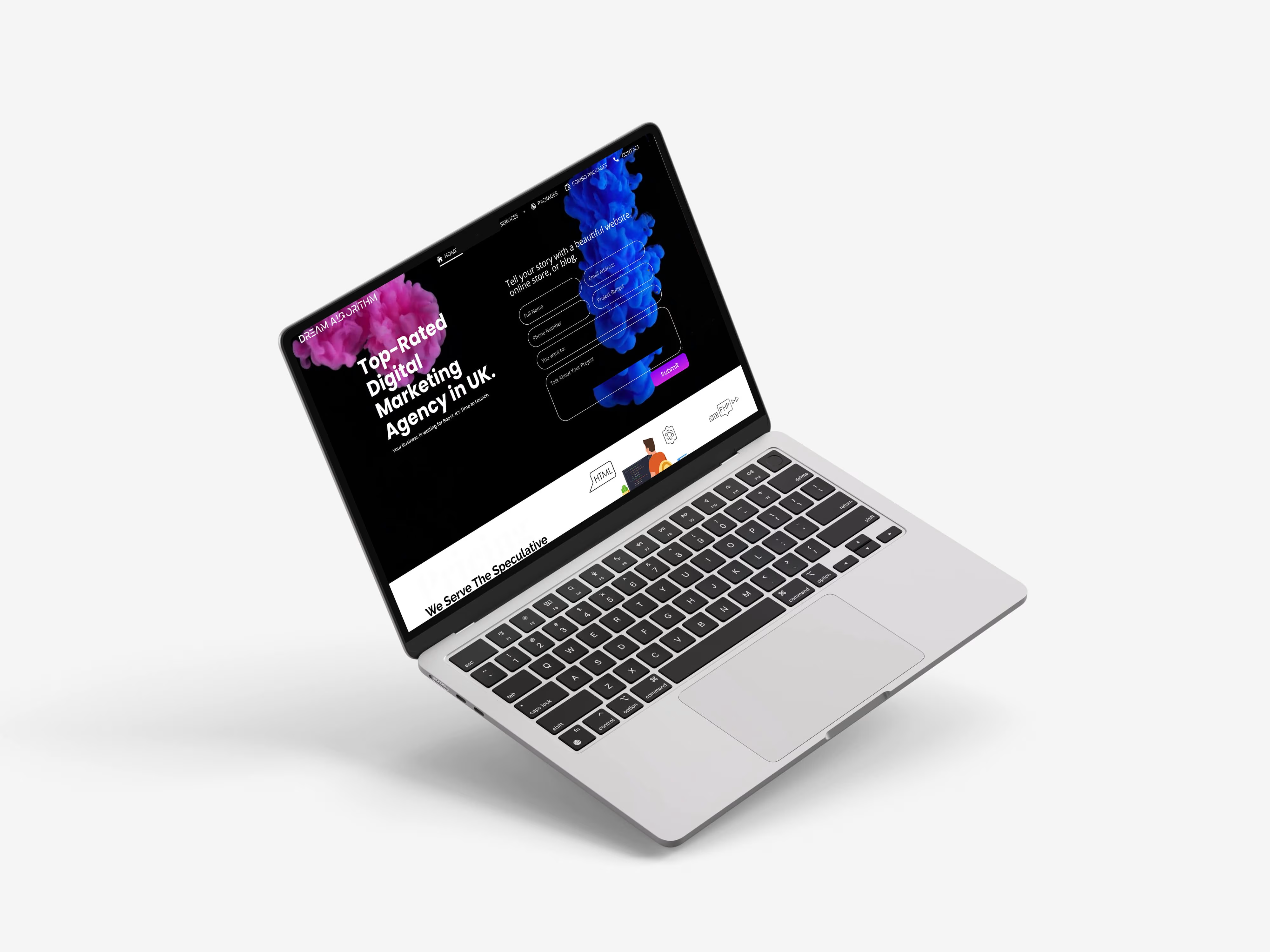Additional resources
What Is LearnDash and Why You Need Specialized Freelancers
Core LearnDash Features and Capabilities
WordPress LMS Integration Requirements
Difference Between General WordPress Developers and LearnDash Specialists
Essential Skills to Look for When Hiring LearnDash Developers
Technical Proficiencies and Programming Languages
LearnDash-Specific Plugin and Add-on Experience
Instructional Design and E-Learning Principles
Performance Optimization and Scalability Knowledge
How to Evaluate LearnDash Freelancers and Their Portfolios
Portfolio Elements That Demonstrate LearnDash Expertise
Questions to Ask During the Interview Process
Red Flags to Watch for in Candidate Assessments
Testing Technical Skills and Problem-Solving Abilities
Budget Considerations for LearnDash Projects
Typical Hourly Rates for LearnDash Contractors
Fixed-Price vs. Hourly Billing Models
Hidden Costs in LearnDash Development
Maintenance and Support Pricing Structures
Project Scope Definition and Requirements Gathering
Creating a Detailed LearnDash Project Brief
Defining Deliverables and Milestones
Setting Realistic Timelines and Deadlines
Prioritizing Features and Functionalities
Communication Strategies for Remote LearnDash Collaboration
Tools and Platforms for Project Management
Establishing Clear Communication Protocols
Time Zone Considerations and Scheduling
Documentation and Knowledge Transfer Practices
Legal and Contractual Aspects of Hiring LearnDash Experts
Essential Contract Terms and Clauses
Intellectual Property Rights and Ownership
Non-Disclosure Agreements and Confidentiality
Payment Terms and Dispute Resolution
Common Mistakes When Hiring LearnDash Professionals
Underestimating Project Complexity
Focusing Solely on Price
Neglecting Post-Launch Support Requirements
Overlooking Integration and Compatibility Issues
Managing Your LearnDash Development Project
Phase-Based Development Approaches
Quality Assurance and Testing Procedures
User Acceptance Testing Guidelines
Launch Preparation and Deployment Strategies
Post-Launch Support and Maintenance Requirements
Ongoing Maintenance Tasks and Updates
Security and Backup Protocols
Performance Monitoring and Optimization
Training and Documentation Needs
Building Long-Term Relationships with LearnDash Consultants
Retainer Agreements and Ongoing Support
Scaling Your E-Learning Platform
Future-Proofing Your LearnDash Investment




























